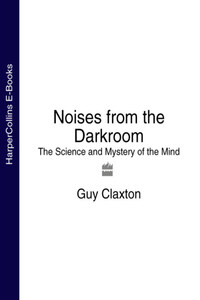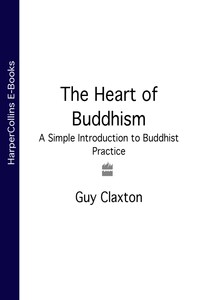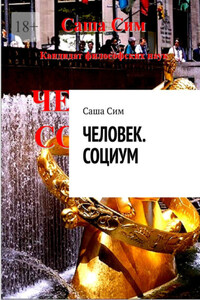Our minds lie in us like fish in the pond of a man who cannot fish.
Ted Hughes
It is the impossible job of the mystic, if he wishes to try to teach what he knows, to scrute the inscrutable, speak the unspeakable, and eff the ineffable.
Alan Watts
The human mind is mysterious in two fundamentally different ways. It is mysterious in the sense that we do not yet have a clear understanding of how it works. Penetrating this mystery is the job of science, and there is, currently, a flurry of very fruitful and exciting activity going on in laboratories and seminar rooms around the world. One of the aims of this book is to provide a reader-friendly synthesis of, and some novel contributions to, this research. The approach of ‘cognitive science’, as it is called, sees the mystery of the mind as a temporary fog of incomprehension which precise experimentation and smart theorizing will eventually dispel.
But the mind is mysterious in a much more profound and indelible sense – and this meaning of mystery is not scientific but religious. The great spiritual traditions of the world agree that a brush with God is a close encounter of an essentially mysterious kind. The more clearly we see, the more obvious it becomes that at the very heart of human experience there is an ineffable Something, greater by far than the human mind could ever, in principle, encompass. ‘The peace of God passeth all understanding’, and ‘God moves in a mysterious way’, not because we don’t yet have enough data about the Almighty, but because He/She/It/They are fundamentally, intrinsically enigmatic. And that enigma, so the mystical explorers tell us, is not remote but present, accessible in every moment of mundane human experience. Thus the larger aim of this book is to bring these two meanings of ‘mystery’ into conjunction, and to show how science, by clarifying what it is to be a living human being, demands that we remember the invisible bedrock on which we are built. For our modern intuitive understanding of our own psychology leaves it out. And this oversight is not a matter of academic interest, but of vital personal and even global significance.
Not to put too fine a point on it, the world is in a mess because the human mind is in a mess. The problems we face are not at root technological, political or economic; they are psychological and spiritual. And the mind is in a mess because it misunderstands itself. We pollute the skies and ruin the earth because we are confused about who and what we are. It is because of our improper and unjust relationship with our own psychology that some of us plough up fields of good wheat while others of us are starving; some of us confess to murders that others of us have committed. Every culture lives within an invisible myth; and a central part of that myth, the most invisible of all, concerns human nature. Our culture has developed a particularly disastrous mind-myth, and while that myth remains unconscious and unexamined, we will continue to wreck the nest and hurt each other.
One of the symptoms of the mind’s disease is that it will go to great lengths to examine every conceivable option except the right one. It will think endless new thoughts, but has extreme difficulty in scrutinizing that-which-thinks. The fundamental strategic problem of our time, therefore, is how to get individual minds, in sufficient quantities and with sufficient speed, to embark enthusiastically on the requisite process of demythologization-brain-washing, in the sense of laundering away our misconceptions, you might say. If cognitive science can demonstrate to rational minds how and why they have expurgated their own mystery, and what it has cost them to do so; if it can open our ears to the noises from the darkroom and make us wonder about them, then it will have proved itself valuable as well as merely interesting.
The science on which we have to draw is biological and psychological. Twenty years ago, the dialogue between science and religion was revitalized by the appearance of Fritjof Capra’s classic









